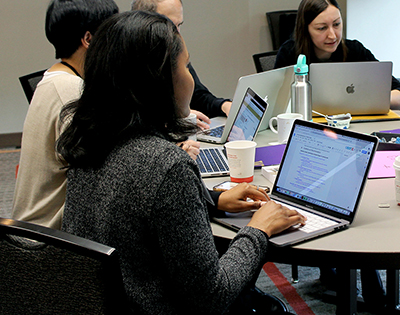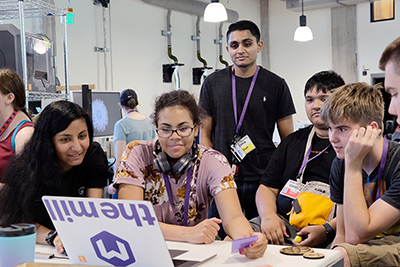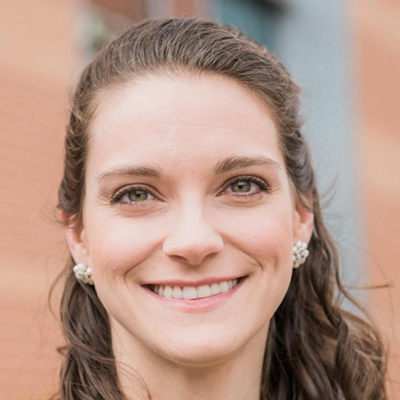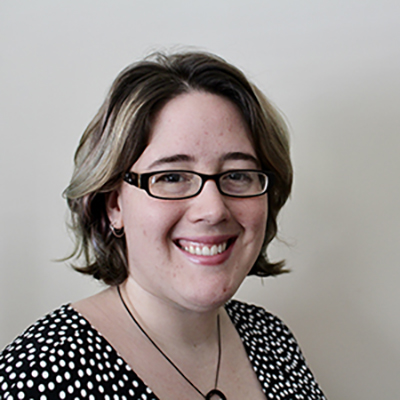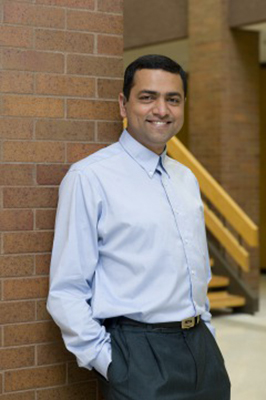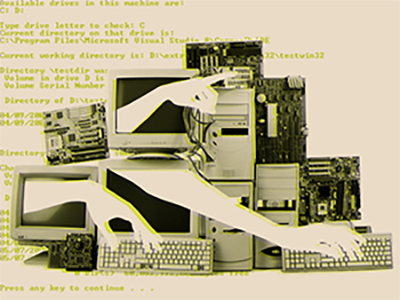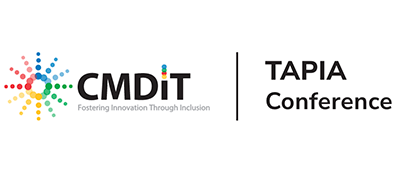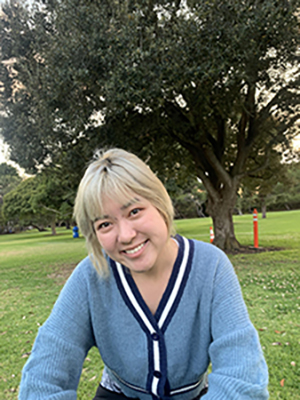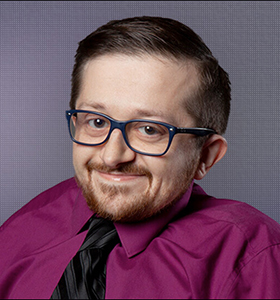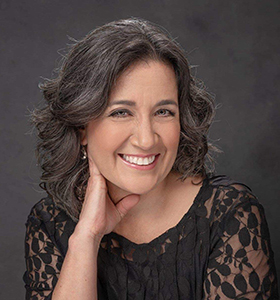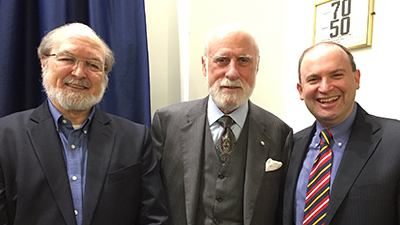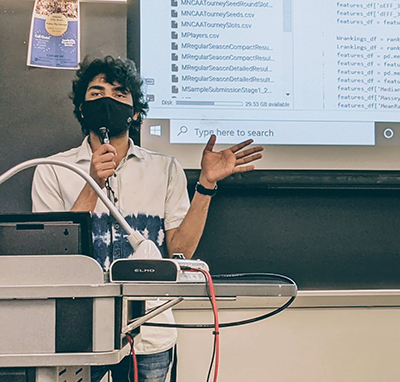The University of Washington DO-IT Center is a partner organization in two different INCLUDES (Inclusion across the Nation of Communities of Learners of Underrepresented Discoverers in Engineering and Science) Alliances recently funded by the National Science Foundation.
NSF INCLUDES TAPDINTO-STEM Alliance
The first is for $800,000 to lead West Coast activities of the NSF INCLUDES Alliance of Students with Disabilities for Inclusion, Networking, and Transition Opportunities in STEM, also known as the NSF INCLUDES TAPDINTO-STEM Alliance. The nationwide project will employ a collective impact approach with dozens of partnering organizations to increase the number of students with disabilities who complete associate, baccalaureate, and graduate STEM degrees and enter the STEM workforce.
Auburn University is leading this NSF INCLUDES Alliance’s primary partnerships with five institutions of higher education (IHE) that will direct regional hubs of collaborating IHEs to address this national need. The hubs will be championed by Auburn University, Northern Arizona University, The Ohio State University, the University of Hawaii-Manoa, the University of Missouri-Kansas City, and the University of Washington.
On the University of Washington team, DO-IT Program Manager Scott Bellman will serve as the UW project director and lead activities of the West Coast Hub. The UW's Eric Chudler will serve as a lead mentor and STEM educator. The West Coast Hub, which currently includes San Diego State University and the University of Alaska Anchorage, will provide support to students with disabilities and provide training and engagement with postsecondary educators and administrators. A research component will compare information from the NSF INCLUDES TAPDINTO-STEM Alliance students with data from an ongoing DO-IT longitudinal study to examine which interventions students regard as most valuable, investigate patterns linking student demographics or interests with the interventions used, and study suggestions for improving or expanding interventions.
Learn more about this project through the Auburn news announcement.
The Alliance for Interdisciplinary Innovation in Computing Education (AIICE)
DO-IT is also a partner in the Alliance for Interdisciplinary Innovation in Computing Education (AIICE), which is led by Nicki Washington and Shaundra Daily at Duke University. AIICE was awarded $10 million to develop tools and strategies in computing education that increase the entry, retention and course or degree completion rates of high school and undergraduate students from historically underrepresented groups. As a partner organization, DO-IT will work closely with members of the Alliance to ensure that activities are accessible and welcoming to people with disabilities. DO-IT staff member Brianna Blaser, who serves as associate director of AccessComputing, will lead DO-IT’s engagement.
AIICE will focus on creating more equitable computing spaces, which will encourage technology creators from a diverse range of identities to occupy development and leadership positions in order to avoid creating potentially harmful technologies such as facial recognition and predictive policing. However, this possibility will take an investment from the entire community--bringing together a large group of computer science educators at the high school and post-secondary level.
AIICE will create systemic change by blending aspects of social science with computer science to increase student and educator knowledge of identity and related topics; support computer science educators and leaders nationwide in fostering academic cultures that are more inclusive of non-dominant identities; and increase policy-driven changes to computer science education in K-12 schools and higher education that infuse identity-inclusive strategies.
Learn more about AIICE through the Duke news announcement.
